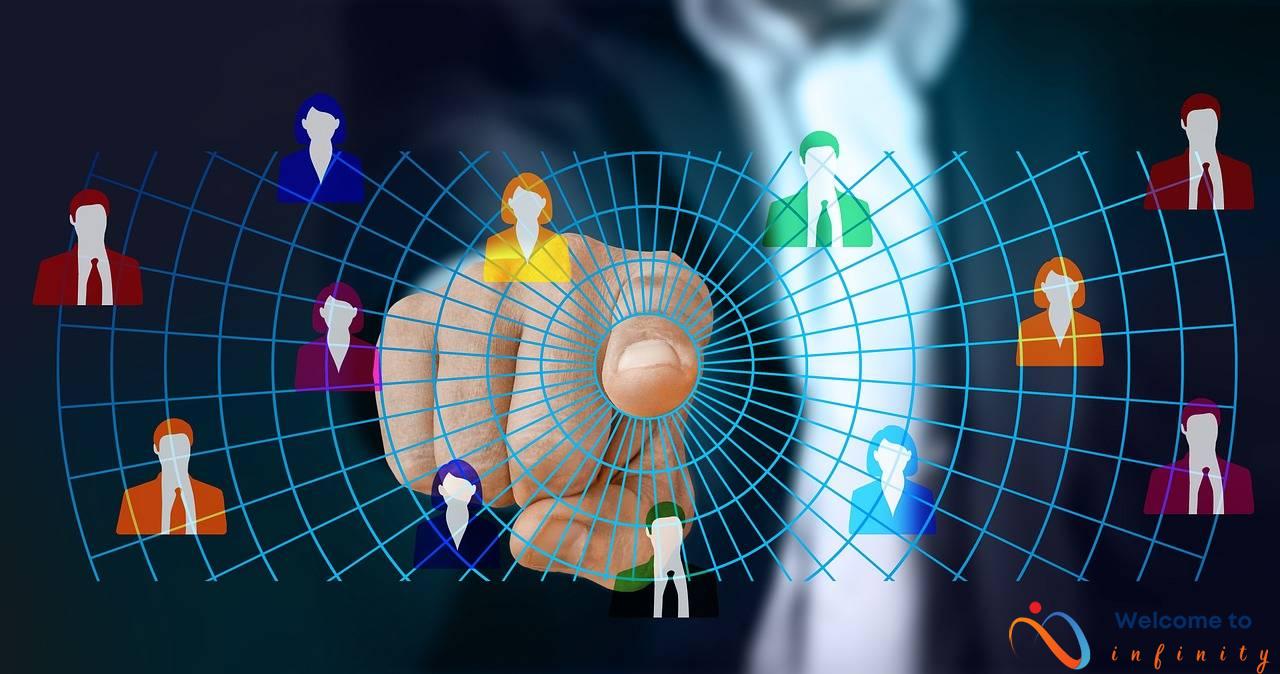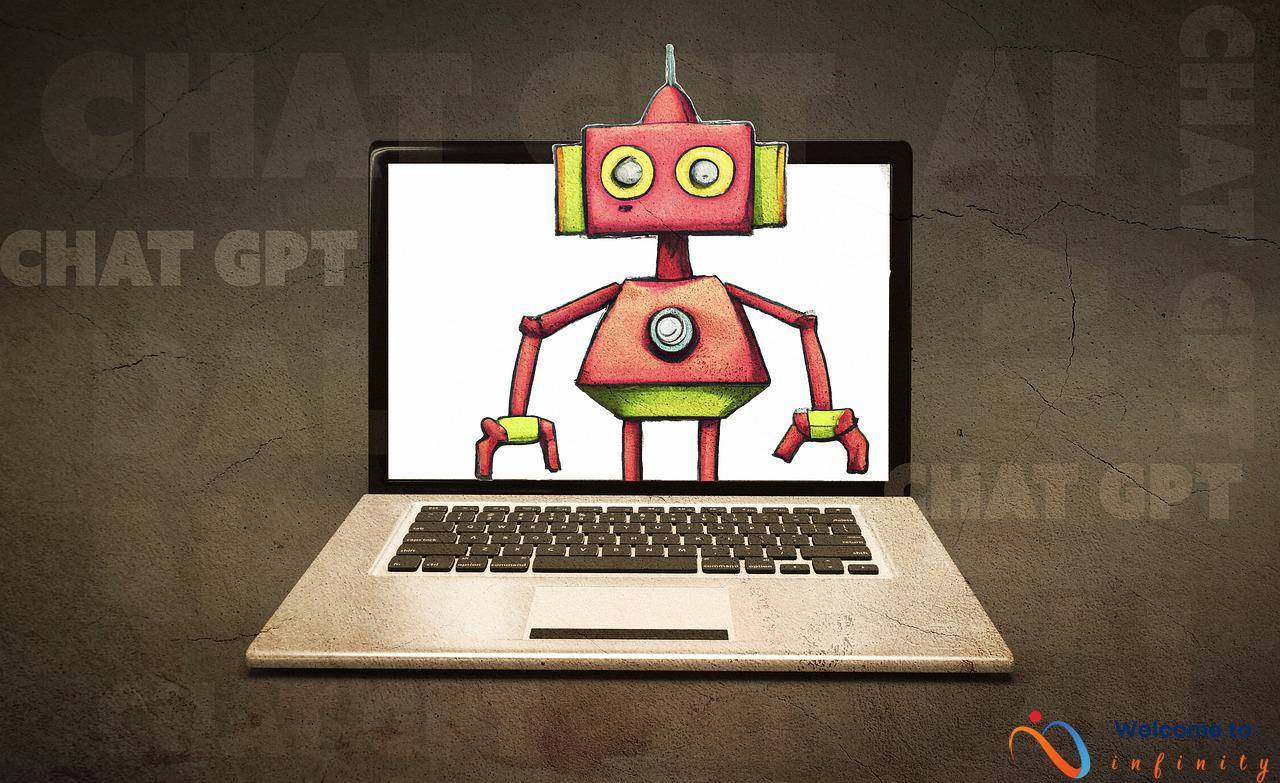Artificial Intelligence (AI) has been making significant strides in healthcare, and its impact is transforming the medical industry as we know it. From diagnosis to treatment, and even patient care, AI is adding immense value to the healthcare industry on many levels.
One of the most exciting applications of AI in healthcare is medical imaging analysis. With AI, medical professionals can detect conditions such as cancerous growths earlier and more accurately than ever before. Furthermore, AI is also being used for drug discovery, making it easier to identify potential treatments for various diseases.
AI is also being utilized for risk assessment and prediction. With AI, healthcare professionals can predict a patient's likelihood of developing certain conditions, which helps in the development of preventative measures and early interventions.
Another area in which AI is making a significant impact is patient care. AI-powered virtual assistants and chatbots are becoming increasingly popular and are helping medical professionals communicate with patients more effectively. Patients can also use these tools to access care more easily, which is especially useful for those in remote or inaccessible locations.
Finally, predictive analytics is another area where AI is making significant advancements. Predictive analytics can help monitor patients' health and predict medical conditions before they develop, allowing for early interventions and improved health outcomes.
However, implementing AI in healthcare is not without challenges. Ethical considerations, data quality, and regulatory approval are just some of the challenges healthcare institutions face when implementing AI. But the potential benefits to patient outcomes, reducing medical errors, and increasing efficiency make it worthwhile for the industry to overcome these challenges.
In conclusion, AI is transforming the medical industry in a profound way. With the potential to revolutionize healthcare and drive down healthcare costs, the future of AI in healthcare looks bright.
Applications of AI in Healthcare
Artificial Intelligence (AI) is transforming the healthcare industry by improving patient outcomes, reducing medical errors, and increasing efficiency. One of the most promising applications of AI in healthcare is medical imaging analysis. With AI, radiologists can identify and prioritize critical cases, reducing the wait time for patients and improving the accuracy of diagnoses. Furthermore, AI can help analyze large sets of medical imaging data to identify patterns and predict the likelihood of certain diseases.
Drug discovery is another area where AI has shown great potential. With AI, researchers can analyze large sets of genetic, chemical, and disease data to identify potential targets for drug development. AI can also help predict the efficacy and potential side effects of new drugs, helping accelerate the drug discovery process.
AI is also being used for risk assessment, helping healthcare providers better understand the likelihood of certain diseases or medical conditions developing in patients. Predictive analytics, for example, can help monitor patients with chronic diseases and predict when certain symptoms may worsen. With this information, healthcare providers can intervene earlier and prevent the need for expensive hospitalizations or emergency care visits.
- Medical imaging analysis
- Drug discovery
- Risk assessment
Overall, AI has the potential to revolutionize the healthcare industry and drive down healthcare costs. By automating routine tasks, predicting outcomes, and providing decision support, AI can help healthcare providers deliver better, more personalized care to patients. However, there are also challenges to implementing AI in healthcare, including ethical considerations, data quality, and regulatory approval. As technology advances and these challenges are addressed, we can expect to see even more applications of AI in healthcare in the future.
AI and Patient Care
Artificial Intelligence (AI) has emerged as a game-changer for the healthcare industry. One of the most significant applications of AI in healthcare is enhancing patient care. AI has shown potential to improve patient outcomes, reduce medical errors, and increase efficiency.
AI-powered tools such as virtual assistants and chatbots can enhance patient communication and access to care. They provide a platform for patients to ask questions, get guidance, and receive care without the need for a physical visit. This technology can save patients' time and reduce the workload of healthcare professionals.
Another way AI can boost patient care is through predictive analytics. With AI's predictive capabilities, healthcare providers can monitor patients and predict medical conditions before they develop. This approach can help healthcare professionals take early steps to prevent the risk of chronic diseases.
Moreover, AI can ensure that treatment protocols and medication doses are personalized for each patient. This type of precision medicine is tailored to an individual's specific genetic makeup, medical history, and lifestyle. It ensures that patients receive optimal treatment that is personalized to their needs, resulting in better patient outcomes.
Although AI has the potential to revolutionize patient care, there are also challenges in implementing it. Ethical considerations, regulatory approval, and data quality must be considered in the development and use of AI in healthcare. Despite these challenges, AI has the potential to reduce healthcare costs, improve patient outcomes, and revolutionize the medical industry.
Virtual Assistants and Chatbots
Virtual assistants and chatbots are becoming increasingly popular in healthcare as a means of improving patient communication and accessibility to care. AI-powered chatbots can help patients schedule appointments, obtain prescription refills, and receive answers to their medical questions in a timely and efficient manner.
Virtual assistants and chatbots have the potential to reduce wait times and alleviate some of the burden on healthcare providers by handling basic tasks. They can also be tailored to individual patients, providing personalized recommendations for diet, exercise, and medication.
In addition, chatbots can be integrated with electronic health records, allowing patients to easily access and review their medical history. This can empower patients to take a more active role in their healthcare and lead to better health outcomes.
One potential challenge with the use of virtual assistants and chatbots is ensuring that patients feel comfortable using them and that the technology is user-friendly. As with any new technology, there may be a learning curve, and some patients may prefer to interact with a human healthcare provider.
Overall, the use of AI-powered virtual assistants and chatbots has the potential to positively impact patient care and provide patients with greater access to healthcare services. As the technology continues to evolve and improve, we can expect to see more widespread adoption in the healthcare industry.
Predictive Analytics
Predictive analytics is one of the many applications of AI in the healthcare industry. It is changing the way doctors monitor and treat patients. With the help of machine learning algorithms, AI can analyze large amounts of patient data to predict medical conditions before they even develop. This can help doctors to intervene early and save lives.
Predictive analytics is being used in various areas of healthcare, such as predicting sepsis in patients, identifying patients at risk of developing diabetes, and predicting hospital readmission rates. The algorithm analyzes patterns in the patient's data and identifies signals that may lead to the development of a particular medical condition.
With the use of predictive analytics, doctors can personalize treatment plans for each patient, making them more effective and efficient. It also reduces the number of unnecessary medical tests and procedures, saving healthcare costs.
However, despite the benefits, there are still challenges in implementing predictive analytics in healthcare. Ensuring that data is properly collected, cleaned, and protected is a crucial step towards its implementation. The privacy concerns of patients also need to be addressed. Additionally, the accuracy of the algorithm is still an ongoing challenge, and doctors must use their judgment when interpreting the results.
In conclusion, the use of predictive analytics in healthcare has the potential to revolutionize the industry. It can help doctors to predict and prevent health issues, personalize treatments, and reduce healthcare costs. However, before its full implementation, healthcare providers need to address the challenges and ensure that patient data is properly handled and protected.
Challenges of Implementing AI in Healthcare
The implementation of artificial intelligence (AI) in the healthcare industry is not without challenges. One of the biggest hurdles is ethical considerations. There are concerns about the potential misuse of patient information and the possibility of privacy breaches. Additionally, questions have been raised about the use of AI in decision-making processes and its potential impact on patient autonomy. Researchers, healthcare providers, and policymakers must work together to ensure that the integration of AI into healthcare is done in an ethical and responsible manner.
Another challenge is the quality of data. AI systems require vast amounts of accurate and reliable data to function effectively. Unfortunately, many healthcare organizations lack the necessary infrastructure and resources to collect, store, and analyze large amounts of data. This makes it difficult to train AI systems adequately, leading to inaccurate results and errors in diagnoses. Improving data quality through the standardization of electronic health records (EHRs) and data collection processes will be essential in overcoming this challenge.
Regulatory approval is also a challenge that healthcare providers face when trying to implement AI. The development and deployment of AI systems must comply with federal regulations related to patient safety and privacy. As AI is still a relatively new technology, regulations are currently evolving, and many guidelines are still unclear. Healthcare organizations must adhere to these regulations while also staying up-to-date with any changes.
Overall, while the challenges of implementing AI in healthcare exist, the benefits of the technology are potentially tremendous. Addressing ethical concerns, improving data quality, and navigating regulations will be essential in ensuring the responsible integration of AI into healthcare.
Future of AI in Healthcare
The future of AI in healthcare is incredibly promising. The technology has the potential to revolutionize the industry and drive down healthcare costs. AI can help healthcare providers make more accurate diagnoses, develop personalized treatment plans, and even predict patient outcomes.
One of the most exciting prospects for AI in healthcare is the ability to analyze vast amounts of medical data quickly and accurately. Currently, it can take healthcare providers days or even weeks to sift through patient data to make a diagnosis. However, with AI, it could be done in a matter of minutes, allowing for quicker and more accurate diagnoses.
Furthermore, AI has the potential to identify patterns and trends in patient data that could help develop personalized treatment plans. For example, a patient's age, demographics, and medical history could be analyzed to create a treatment plan tailored to their specific needs.
Additionally, AI could help reduce healthcare costs by improving efficiency. For example, AI-powered virtual assistants and chatbots could handle tasks like appointment scheduling and prescription refills, freeing up healthcare providers to spend more time with patients. Furthermore, predictive analytics could be used to monitor patient health and intervene before more expensive treatments are required.
Of course, there are still challenges to implementing AI in healthcare. Ethical concerns, data quality, and regulatory approval are all issues that need to be addressed. However, with the potential benefits that AI could bring to the industry, it's likely that these challenges will be overcome.
In conclusion, the future of AI in healthcare is looking bright. With its potential to revolutionize the industry and drive down healthcare costs, it's no wonder that many healthcare providers are exploring the use of AI. While there are still challenges to be addressed, it's clear that AI will play an increasingly significant role in the future of healthcare.










